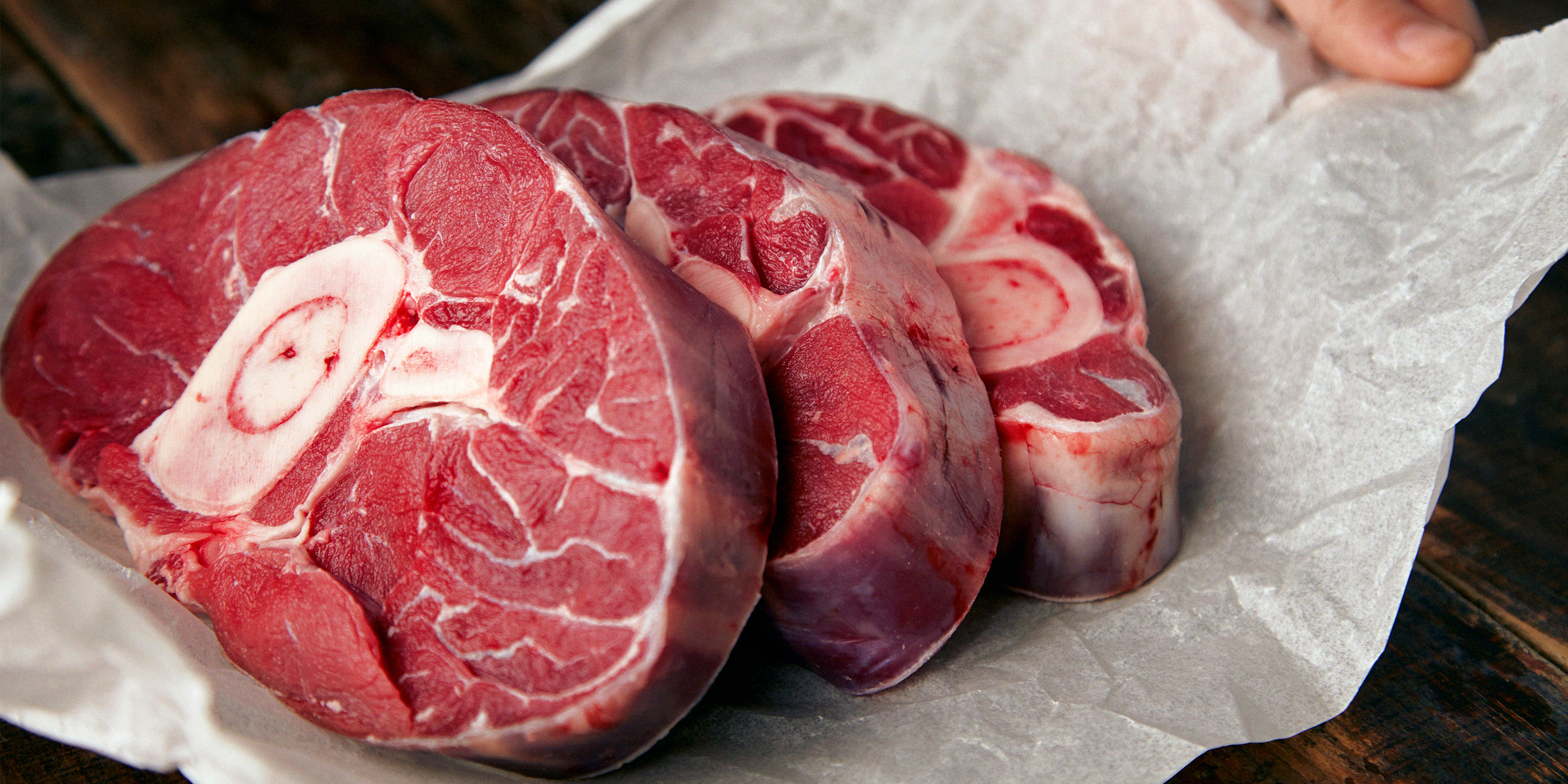
3 Fascinating Facts about Beef You May Not Know
Beef, with its rich flavor and versatility, has long been a cornerstone of cuisines worldwide. Yet beyond its delicious taste lies several fascinating facts about beef that many might not be aware of.
From the tender cuts that melt in your mouth to the savory aroma that tantalizes the senses, beef has captivated palates for centuries. Its journey from pasture to plate is steeped in tradition and craftsmanship, reflecting the dedication of generations of farmers and ranchers.
That said, prepare to be amazed by interesting facts about beef that will challenge your perceptions and ignite your curiosity. Join us as we delve deeper into the world of beef.
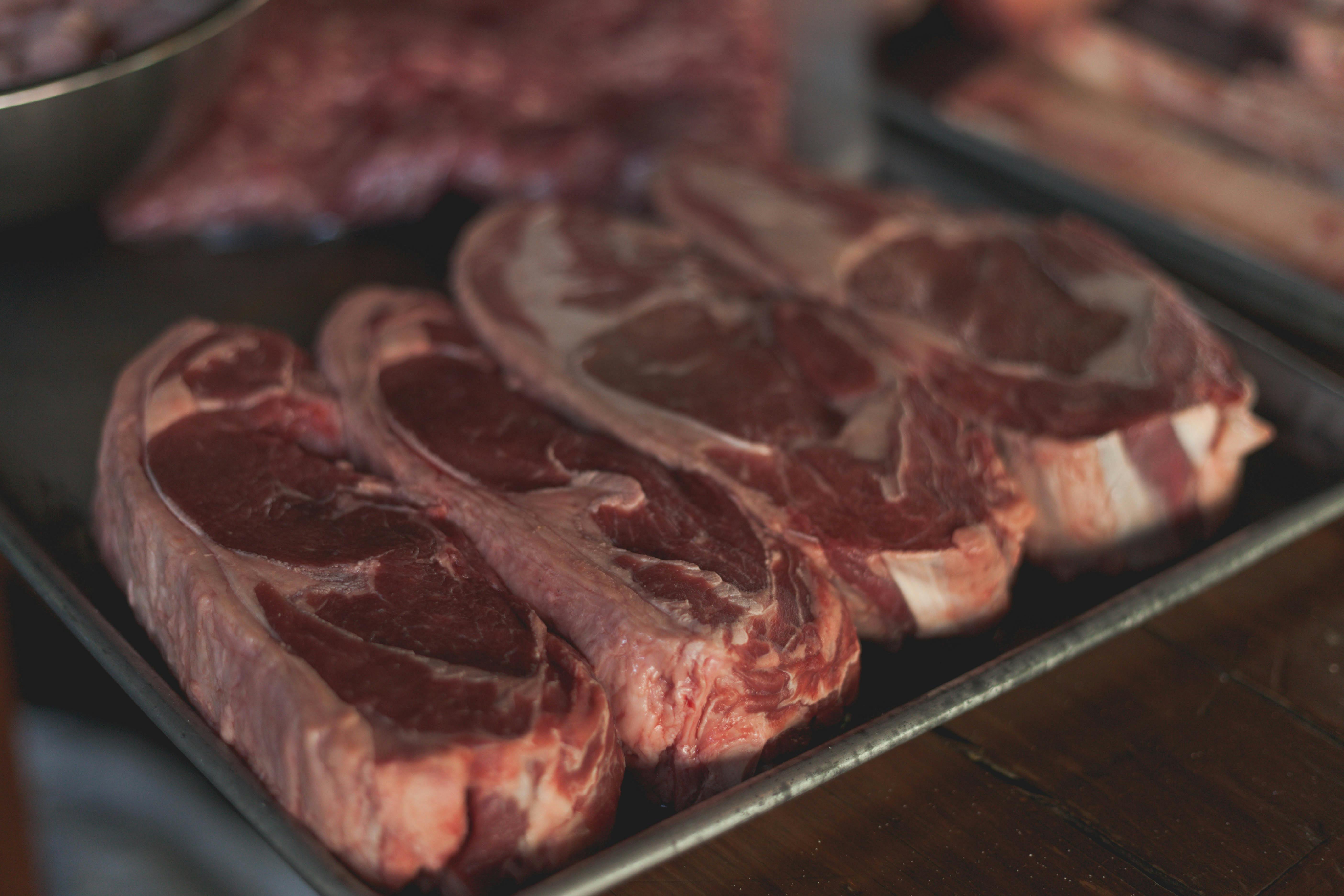
Raw meat on a tray | Source: Pexels
Intriguing Facts about Beef Every Meat Lover Should Know
1. Beef is graded based on quality.
Beef grading is essential in assessing its quality and characteristics. According to the U.S. Department of Agriculture (USDA), beef quality grades are determined by factors such as the animal's age, meat color, texture, and fat. These grades, including Prime, Choice, and Select, indicate the level of tenderness and marbling to expect in the beef, ensuring consumers can make informed choices about their meat purchases.
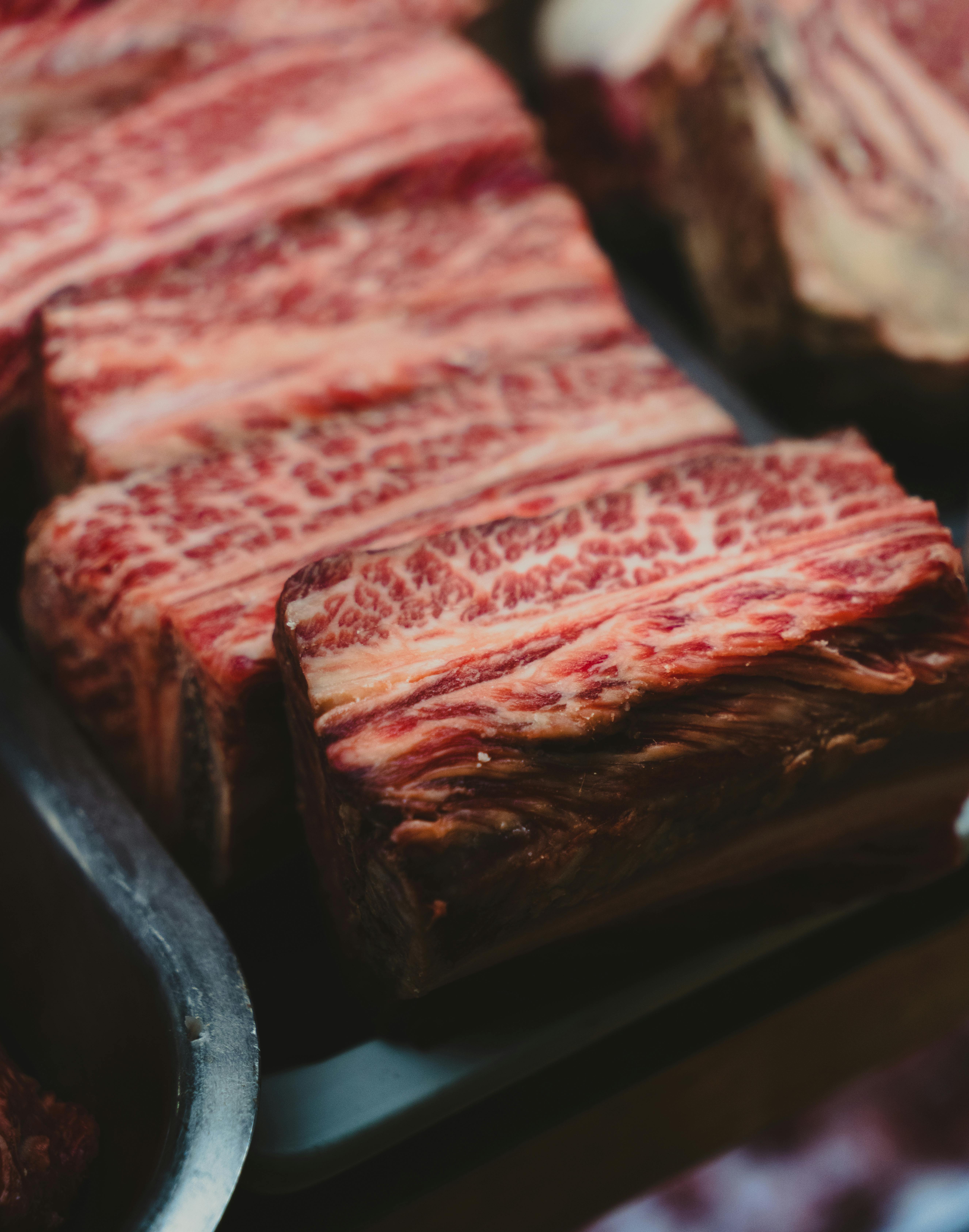
Raw meat on a barbecue grill | Source: Pexels
2. Beef production is sustainable.
Despite misconceptions, beef production can be sustainable and environmentally friendly. The USDA conducted research and concluded that beef production does not significantly contribute to climate change. While cattle do produce methane, they contribute only 3.3 percent of greenhouse gas emissions in the U.S.
The beef industry is actively adopting practices to minimize its ecological footprint, including efficient feeding, responsible land management, and waste reduction technologies. Supporting sustainable beef production can contribute to a more environmentally friendly food system.
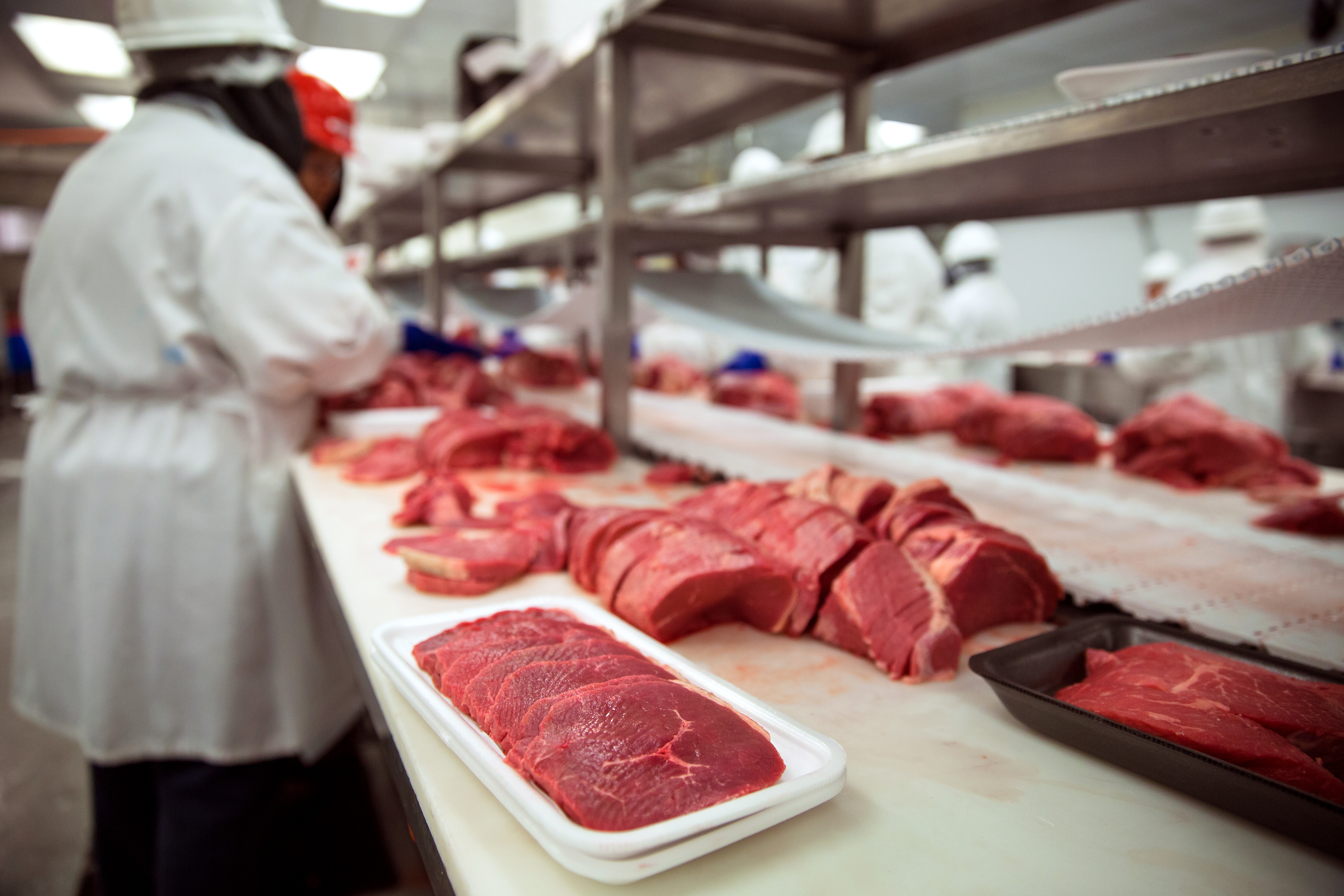
Raw beef before being packaged | Source: Shutterstock
3. Beef production is useful.
Beef production is incredibly resourceful, with approximately 98% of the animal being utilized after processing. While about 35% is dedicated to meat production, the remaining portions are repurposed for various products such as pet food, leather, glue, insulin, gelatin, cosmetics, and medicines. This comprehensive utilization extends beyond meat, showcasing the diverse applications of cattle in various industries, from food to pharmaceuticals.
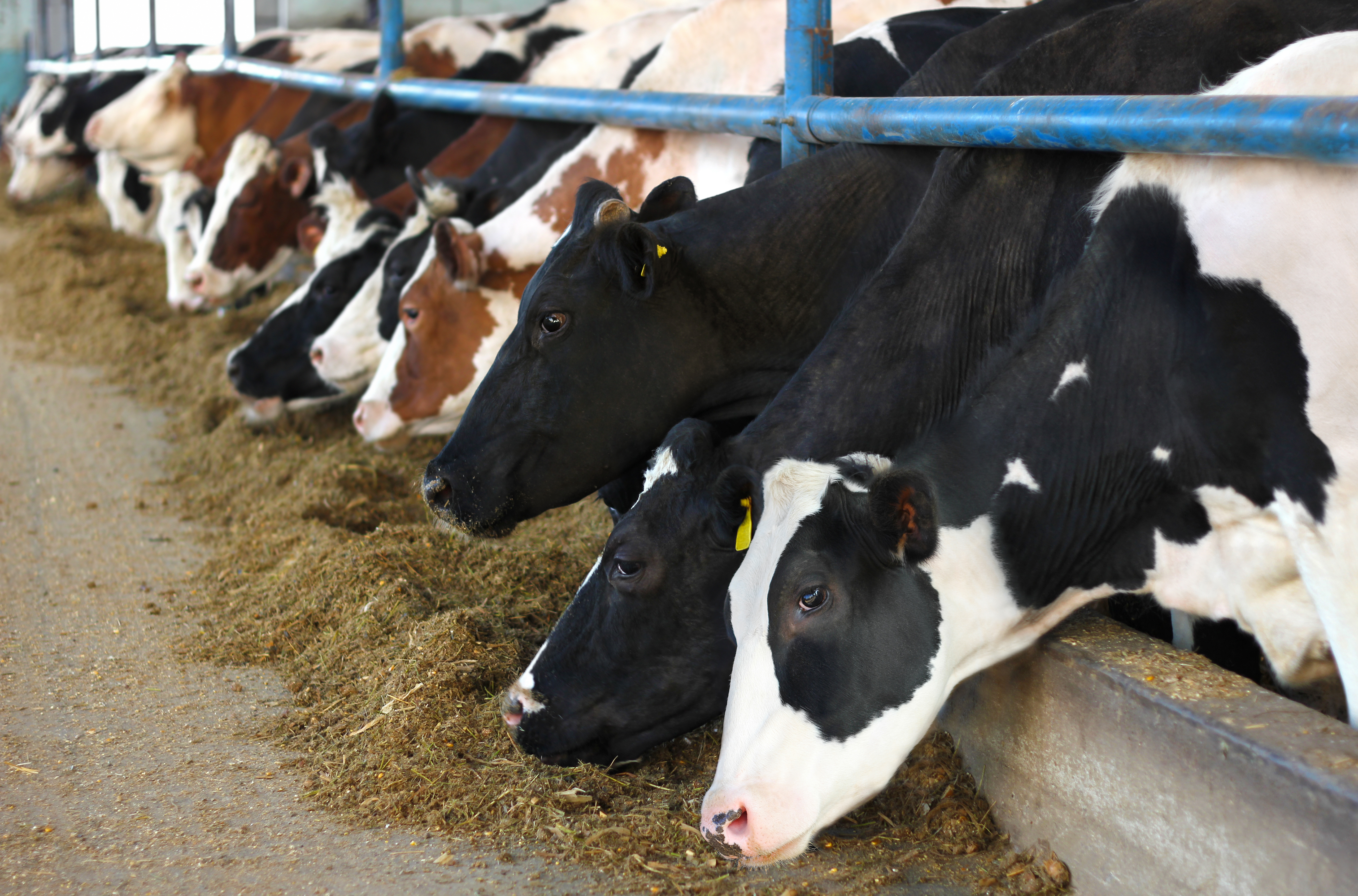
Cows on a farm | Source: Shutterstock
In conclusion, beef is more than just a culinary delight—it's a versatile resource with a multitude of applications. From its sustainable production practices to its comprehensive utilization, beef continues to play a crucial role in various industries.
Just as beef has its share of surprising facts, the world of beer is equally rich with unexpected insights. Dive into our collection of beer facts to quench your thirst for knowledge.
